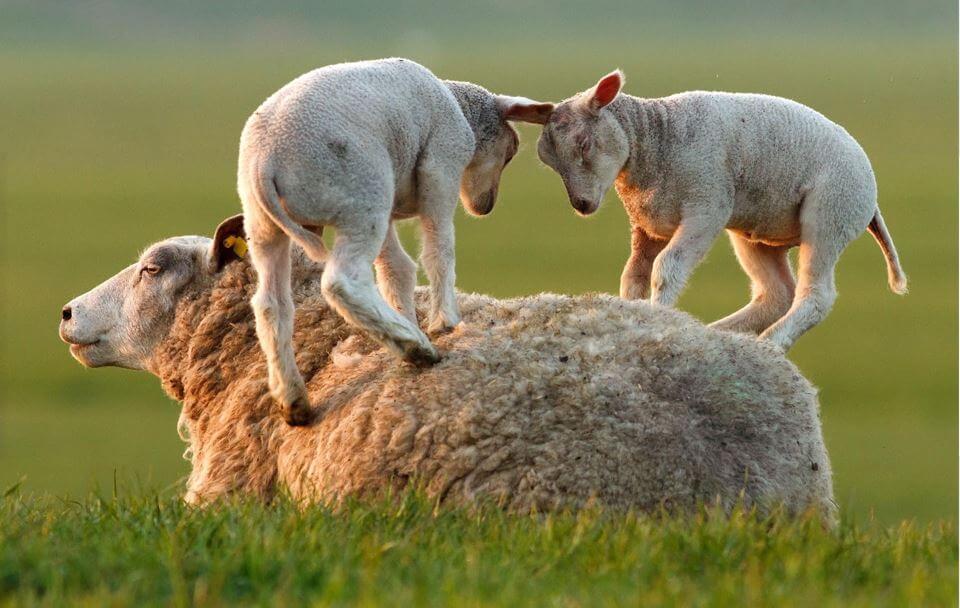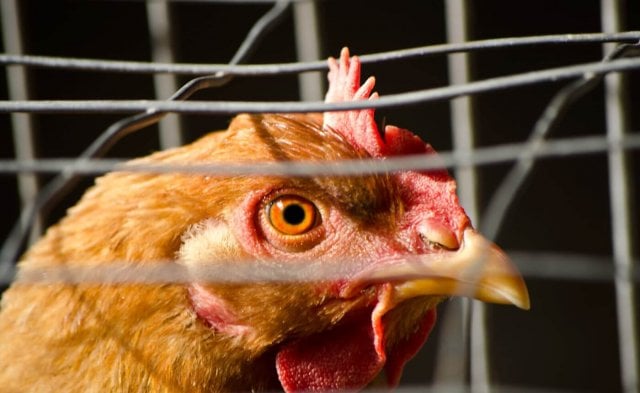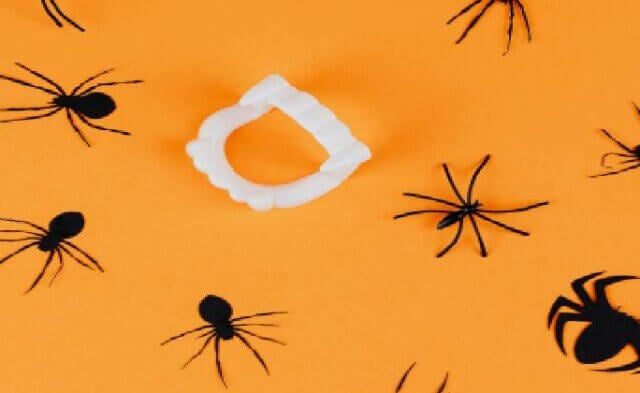Before we get into all the cruelty-free, good-for-what-chills-you alternatives to wool, let’s review what we know about sheep and myths about shearing.
Let’s begin with what we love about sheep—in a word, everything. They’re gentle, intelligent animals who are nearly as clever as pigs, they’re loving mothers, and come on, is there anyone cuter than a lamb? Plus, they’re herbivores, and vegans are down with that.

Photography By: Roeselien Raimond
Now, let’s bust some myths about shearing:
– It’s not “just like getting a haircut.” After they’re beaten and kicked, sheep are left bleeding from this fast, rough procedure.
– Wool isn’t sustainable. Clearing land for sheep to graze increases soil salinity, facilitates erosion, and decreases biodiversity.
Ready to give wool the cold shoulder? Bravo. There are endless sheep-friendly alternatives.
Not only are cotton and cotton flannel comfortable in that all-natural, feel-good way, they also never go out of style. Who doesn’t love a cozy cotton cardigan or a pair of plaid flannel pajamas? And with so many choices on the shelves, outfitting ourselves from the tips of our toes to the tops of our heads, whatever the occasion, is a snap.
Other cruelty-free fibers include polyesters; fleece, a durable, moisture-resistant fabric that’s used for everything from blankets to mittens; and vegan shearling, a favorite for coats, boots, and more.
Tencel, another humane wool substitute, is made from the cellulose that’s found in wood pulp, though you’d never know it to slip on a pair of jeans or between a set of sheets made from the material. And since winter’s almost here, check out the array of outerwear made of Polartec Wind Pro, a high-density fleece that has four times the wind resistance of wool and also wicks away moisture. It’s made primarily from recycled plastic soda bottles.
Ready to take the wool-free pledge? We thought so.






